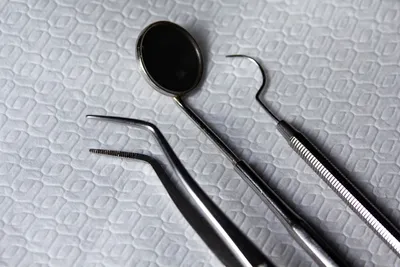
Understanding Dental Anxiety
Dental anxiety is a common issue faced by both children and adults, often leading to delayed dental visits and worsening oral health. Understanding the root causes of this anxiety is essential in managing it effectively. Fear of pain, past negative experiences, or even the sensory overload of a dental office can trigger these feelings.
Identify Your Triggers
Identifying what specifically triggers your dental anxiety can be the first step towards managing it. Recognizing triggers, whether they are the sounds, smells, or specific procedures, can help you communicate these concerns to your dentist.
Effective Strategies to Manage Anxiety
With a proper plan and mindset, dental anxiety can be significantly minimized. Here are some strategies to help transform your dentist visits from stressful to stress-free:
1. Open Communication
Establish a trust-based relationship with your dentist. Discuss your fears openly — modern dentists are trained to support anxious patients. By knowing your fears, they can adjust their techniques and offer explanations to ease your mind.
2. Use of Relaxation Techniques
Before and during your appointment, engage in deep-breathing exercises or meditation. Calming the mind reduces stress responses, and several dental offices even offer therapies like aromatherapy to help patients relax.
3. Noise-Cancelling Headphones
The sounds associated with dental work often contribute to anxiety. Using noise-cancelling headphones to listen to relaxing music or audiobooks can help drown out these sounds and create a more soothing environment during procedures.
4. Sedation Dentistry
For severe anxiety cases, sedation dentistry might be an option. This involves using medications to help patients relax, ranging from mild sedatives to general anesthesia, depending on the level of anxiety and the procedure involved.
Choosing the Right Dental Practice
Not all dental practices are created equal when it comes to dealing with anxiety. Seek out clinics that specialize in catering to anxious patients, often called "fear-friendly" or "anxiety-free" dental practices. Reading reviews and seeking recommendations can also aid in finding a supportive environment.
Post-Visit Reflection
After each visit, reflect on the experience. Note what strategies worked best for calming your anxiety and share feedback with your dentist for future visits. Over time, continual positive experiences can help reshape your perceptions of dental care.
The Road to Fearless Dental Visits
Managing dental anxiety is a gradual process, requiring a combination of communication, tailored strategies, and the right dentist-patient relationship. By taking proactive steps, you can ensure that dental visits are no longer a source of fear, paving the way to optimal oral health.
Popular Oral Health Articles
Explore the articles our readers find most helpful, ranging from basic dental care tips to advanced oral health topics.


Related Posts
View All
Understanding Dental Veneers: Options and Benefits



